What to Read Next: Love and Wisdom Amidst Confusion and Uncertainty
Issue #354, featuring Tolstoy, Aurelius, Thoreau, and Frankl
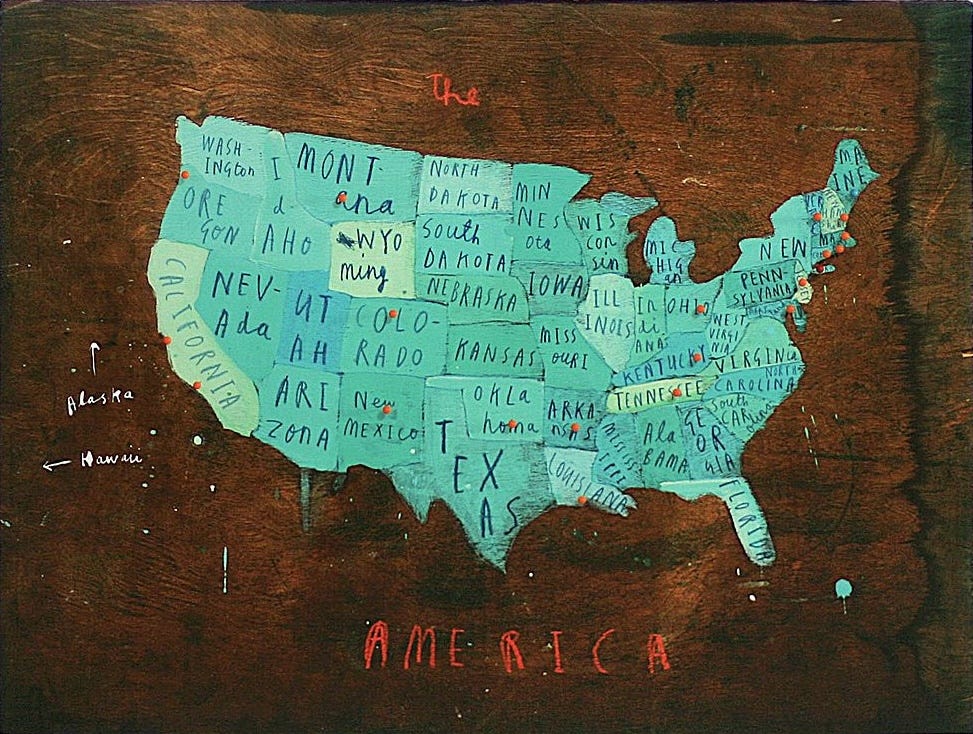
Happy Friday, readers!
Today, I’m thankful that books, and art more broadly, can provide both comfort and entertainment, as well as guidance and perspective about how to respond to confusing and uncertain times.
This newsletter is about books, not politics. Even when I talk about political titles, I’m trying to review the work itself rather than any specific policy. So, I’m gonna stick to the books.
So, in this Election Week edition of the newsletter, I’m featuring a few non-fiction books that have been especially helpful for me in the midst of uncertainty and when I’m trying to figure out how to find my way. (I may have a fiction version of this same theme coming in a few weeks.) I imagine I’ll be returning to them often in the coming weeks, months, and years.
Man’s Search for Meaning by Viktor Frankl
“Everything can be taken from a man but one thing: the last of the human freedoms—to choose one’s attitude in any given set of circumstances, to choose one’s own way.”
“When we are no longer able to change a situation, we are challenged to change ourselves.”
“Those who have a why to live, can bear with almost any how.”
No book will have you believing in the beauty and resiliency of the human spirit like Viktor Frankl’s 1946 classic. Surviving the atrocities of a Nazi concentration camp, Frankl observed that fellow survivors connected with a life purpose — often outside of themselves — that animated their desire and will to live.
There’s wisdom in here about discovering your own purpose, about what it means to care for others, and about how to respond to seemingly impossible situations.
You may have read this book in high school or college; I implore you to read it again (and again). It is relevant and potent for anyone and everyone, no matter your age or station in life.
A Calendar of Wisdom by Leo Tolstoy
“Blaming your neighbor is harmful, both for you and others.”
Featuring a handful of short, pithy ideas and quotes each day, A Calendar of Wisdom has been a regular part of my morning for a few years now. Tolstoy spent over a dozen years compiling this volume, scouring wisdom literature and traditions, largely for his own edification. Described by Tolstoy himself as “a wise thought for every day of the year, from the great philosophers of all times and all people,” he would consult this work daily for the final decade of his life.
My own routine involves reading each day’s entry (sometimes reading a few days at a time when I get behind) and jotting down the most thought-provoking, soul-filling idea into my pocket notebook. This is a great book to have handy on your shelf, period.
Meditations by Marcus Aurelius
“While you live, while it is in your power, be good.”
“What is your art? To be good.”
Like Tolstoy’s Calendar of Wisdom, Marcus Aurelius — a second-century Roman emperor — composed his meditations more as diary entries and reminders to himself than as something meant to be consumed by the public.
And yet, 2,000 years later, Meditations has become a staple of philosophical literature. Over the course of just 200 pages, Aurelius reminds readers (as he reminded himself) about what truly matters in life, especially as it relates to our interactions with other people.
This is a book that rewards slow and repeated reading. I read it every few years and always come away feeling renewed and refreshed in spirit. Click here to read the takeaways I had from the first time I read this classic back in 2017. (I don’t always like re-reading my work, especially from that long ago, but this one seems to hold up. 😆)
Thoreau
“There is no remedy for love but to love more.”
Thoreau occupies an interesting place in the American psyche these days. While almost universally revered just a few decades ago, he’s now viewed quite a bit more critically. This isn’t necessarily a bad thing, but I do think the critiques are often misplaced (this great 2015 Atlantic article addresses the naysayers).
For me, nothing is more grounding than reading Thoreau. Whether it’s Walden, his essays, his letters, or his journal, his sometimes dense words will always convict you and force you to take measure of how you’re spending your life:
“The cost of a thing is the amount of what I will call life which is required to be exchanged for it, immediately or in the long run.”
Be good to each other. And thanks for reading.
-Jeremy

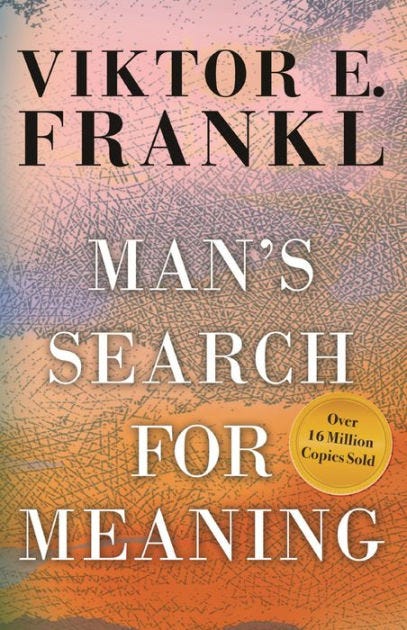
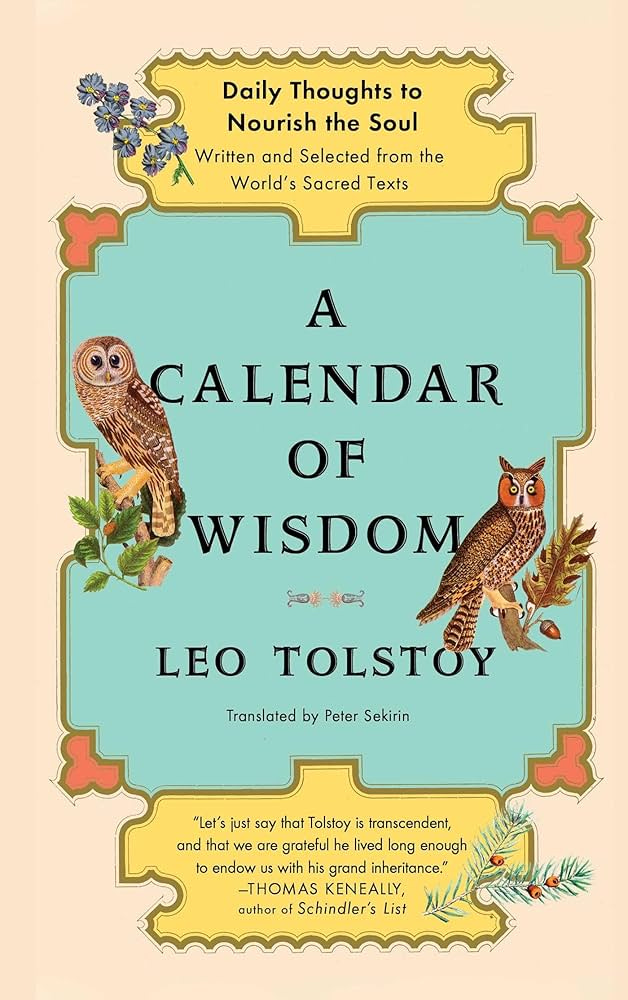

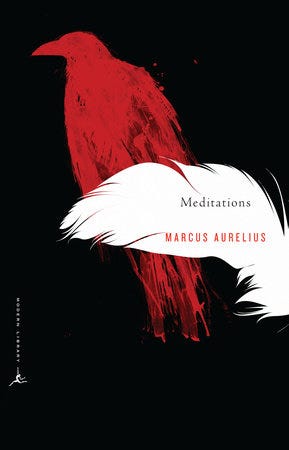
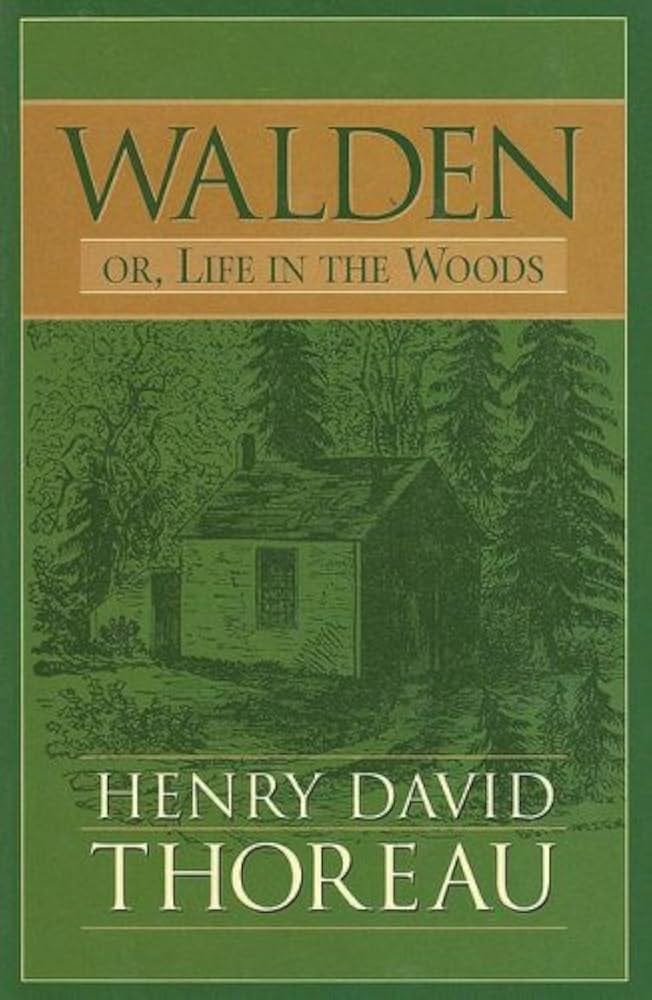
What a beautiful list, Jeremy, and timely! I haven’t read the Tolstoy yet - I’ll have to acquire it soon.
Thanks for the recommendations. I'd suggest "The choice" by Edit Eger, another incredibly hopeful Holocaust survivor memoir.